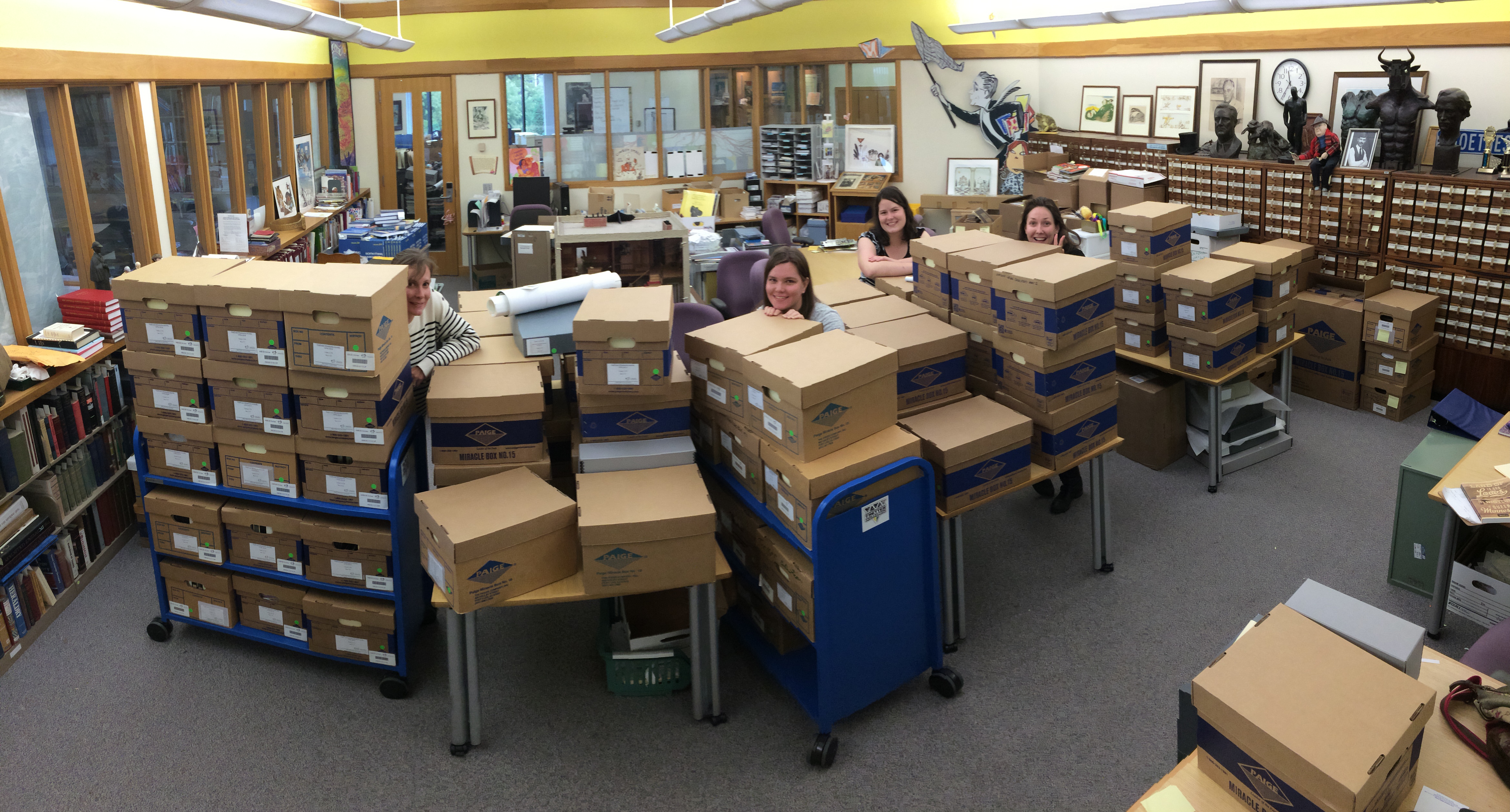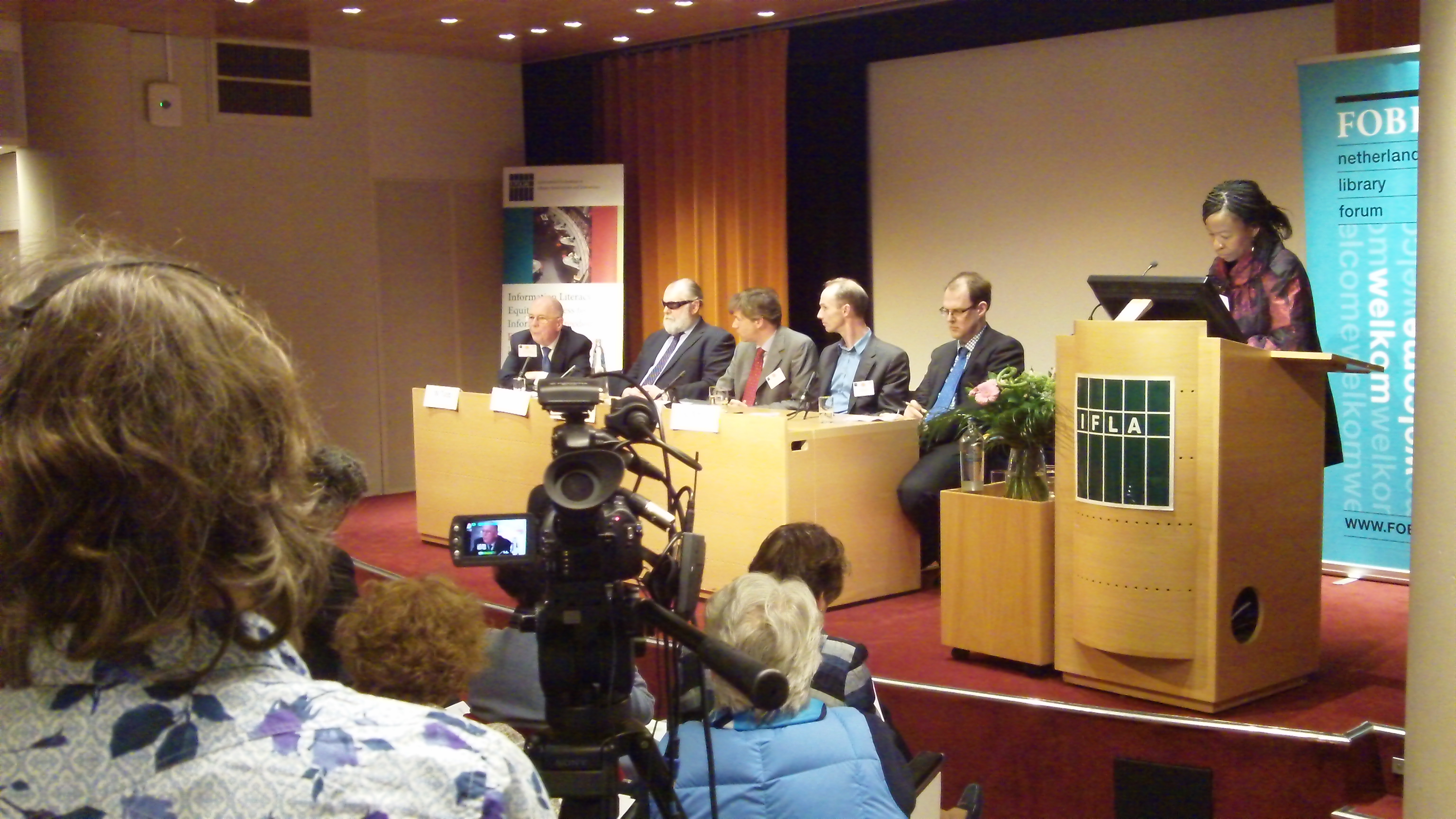|
Center For Documentation And Information
Since 1973, all French collèges and lycées have established centers for documentation and information (CDI). These centers are managed by Teacher-librarian, teacher-librarians, who are chosen through a competitive examination known as the Certificate of aptitude for secondary school teachers (France), CAPES in Documentation. This examination was introduced by the Minister of National Education, Lionel Jospin, in 1989. History Before the Second World War The early development of school libraries primarily involved specialized collections intended for educators. In contrast, students occasionally had access to classroom libraries, which offered classic literature. In 1862, a ministerial order and a circular letter mandated the establishment of a library in each public elementary school, outlining the operational guidelines for these libraries. Despite this initiative, many libraries faced challenges such as insufficient resources, inadequate facilities, and a shortage of ... [...More Info...] [...Related Items...] OR: [Wikipedia] [Google] [Baidu] |
Teacher-librarian
A teacher-librarian, also known as a school librarian or school library media specialist (SLMS) is a certified librarian who also has training in teaching. According to the American Association of School Librarians (AASL), a division of the American Library Association (ALA), the official title for a certified librarian who works in a school in the United States is ''school librarian''. In Australia, the term is ''teacher-librarian''. Roles The teacher librarian performs four main leadership roles: teacher, instructional partner, information specialist, and program administrator. School librarians may read to children, assist them with schoolwork and selecting books, and also guiding them on which books to use for their projects, especially the secondary school ones. Some school librarians see classes on a "flexible schedule". A flexible schedule means that rather than having students come to the library for instruction at a fixed time every week, the classroom teacher schedule ... [...More Info...] [...Related Items...] OR: [Wikipedia] [Google] [Baidu] |
Certificate Of Aptitude For Secondary School Teachers (France)
The Certificat d'aptitude au professorat de l'enseignement du second degré (lit. Certificate of aptitude for secondary school teachers, CAPES) is a professional diploma from the French Ministry of National Education, Higher Education and Research. It is awarded to candidates who, after passing the tests of a recruitment competition (external, internal or third competition), have been admitted to the professional qualification examination. The CAPES constitutes, with the assistance of the agrégation, registration on the list of suitable candidates and secondment, one of the ways to obtain the title of a full qualified professor for secondary degree. Since 2010, certified teachers must simultaneously validate the CAPES exams and a master's degree. They are then trainee civil servants for one year (general rule applied to all civil servants). The CAPES allows them to teach in both general and technological secondary schools (including BTS), as well as sometimes in universities (PRC ... [...More Info...] [...Related Items...] OR: [Wikipedia] [Google] [Baidu] |
Lionel Jospin
Lionel Robert Jospin (; born 12 July 1937) is a French politician who served as Prime Minister of France from 1997 to 2002. Jospin was First Secretary of the French Socialist Party, First Secretary of the Socialist Party from 1995 to 1997 and the party's candidate for President of France in the 1995 French presidential election, 1995 and 2002 French presidential election, 2002 elections. In 1995, he was narrowly defeated in the second round by Jacques Chirac. In 2002, he was eliminated in the first round after finishing behind both Chirac and Jean-Marie Le Pen, prompting him to announce his retirement from politics. In 2015, he was appointed to the Constitutional Council (France), Constitutional Council by National Assembly President Claude Bartolone. Biography Early life Lionel Robert Jospin was born to a Protestant family in Meudon, Seine (department), Seine (nowadays Hauts-de-Seine), a suburb of Paris, and is the son of Mireille Dandieu Aliette and Robert Jospin. He attended ... [...More Info...] [...Related Items...] OR: [Wikipedia] [Google] [Baidu] |
Réseau Canopé
Réseau Canopé is a French public institution under the supervision of the Ministry of National Education of France. It is the publishing arm of the National Education service, and as such it performs editing, production and dissemination of educational and administrative resources for professional education, both for the ministry and for itself since 1992 (decree no 92-56). It contributes to the development of information and communication technologies in education (ICTs) as well as artistic and cultural education. Réseau Canopé's baseline is "Le réseau de création et d'accompagnement pédagogiques" ("The network of creation and learning support"). In 2014, it replaced the National Centre for Educational Documentation (''Centre national de documentation pédagogique'', CNDP) and its regional (CRDP) and departmental (CDDP) branches, with Directions Territoriales and Ateliers Canopé as a unified structure under the name Réseau Canopé (decree 2014-1631, December 26, 2014), to ... [...More Info...] [...Related Items...] OR: [Wikipedia] [Google] [Baidu] |
Citizenship Education (subject)
Citizenship education is taught in schools, as an academic subject similar to politics or sociology. It is known by different names in different countries – for example, 'citizenship education' (or just 'citizenship' for short) in the UK, ‘civics’ in the US, and 'education for democratic citizenship' in parts of Europe. The different names for the subject is mirrored in the different approaches towards citizenship education adopted in different countries. These are often a consequence of the unique historical and political developments within different countries. In many countries, the focus of the teaching is on active citizenship. The purpose of "active citizenship" is to teach students to work together and take practical action, using their citizenship knowledge and understanding to contribute to a better society. For example, after learning about human rights, diversity and inequality, students might decide to set up a project to address racism in their school or lo ... [...More Info...] [...Related Items...] OR: [Wikipedia] [Google] [Baidu] |
Collections Management
Collections management involves the development, storage, and preservation of cultural property, as well as objects of contemporary culture (including contemporary art, contemporary literature, literature, technology, and documents) in museums, libraries, archives and private collections. The primary goal of collections management is to meet the needs of the individual collector or collecting institution's mission statement, while also ensuring the long-term safety and sustainability of the cultural objects within the collector's care. Collections management, which consists primarily of the administrative responsibilities associated with collection development, is closely related to collections care, which is the physical preservation of cultural heritage. The professionals most influenced by collections management include collection managers, registrar (museum), registrars, and archivists. Definition Cultural property collections require a great deal of care and protection in o ... [...More Info...] [...Related Items...] OR: [Wikipedia] [Google] [Baidu] |
International Federation Of Library Associations And Institutions
The International Federation of Library Associations and Institutions (IFLA) is an international body representing the interests of people who rely on Library, libraries and information professionals. A non-governmental, not-for-profit organization, IFLA was founded in Scotland in 1927 with headquarters at the National Library of the Netherlands in The Hague. IFLA sponsors the annual IFLA World Library and Information Congress, promoting Freedom of information, access to information, ideas, and works of imagination for social, educational, cultural, democratic, and economic empowerment. IFLA also produces several publications, including ''IFLA Journal''. IFLA partners with UNESCO, resulting in several jointly produced manifestos. IFLA is also a founding member of Blue Shield International, Blue Shield, which works to protect the world's cultural heritage when threatened by wars and natural disaster. History IFLA was founded in Edinburgh, Scotland, on 30 September 1927, when lib ... [...More Info...] [...Related Items...] OR: [Wikipedia] [Google] [Baidu] |
Information And Media Literacy
Information and media literacy (IML) enables people to show and make informed judgments as users of information and media, as well as to become skillful creators and producers of information and media messages. IML is a combination of information literacy and media literacy. The transformative nature of IML includes creative works and creating new knowledge; to publish and collaborate responsibly requires ethical, cultural and social understanding. IML is also known as media and information literacy (MIL). UNESCO first adopted the term MIL in 2008 as a "composite concept" combining the competencies of information literacy and media literacy. Prior to the 1990s, the primary focus of information literacy was research skills. Media literacy, a study that emerged around the 1970s, traditionally focuses on the analysis and the delivery of information through various forms of media. These days, the study of information literacy has been extended to include the study of media literacy ... [...More Info...] [...Related Items...] OR: [Wikipedia] [Google] [Baidu] |




